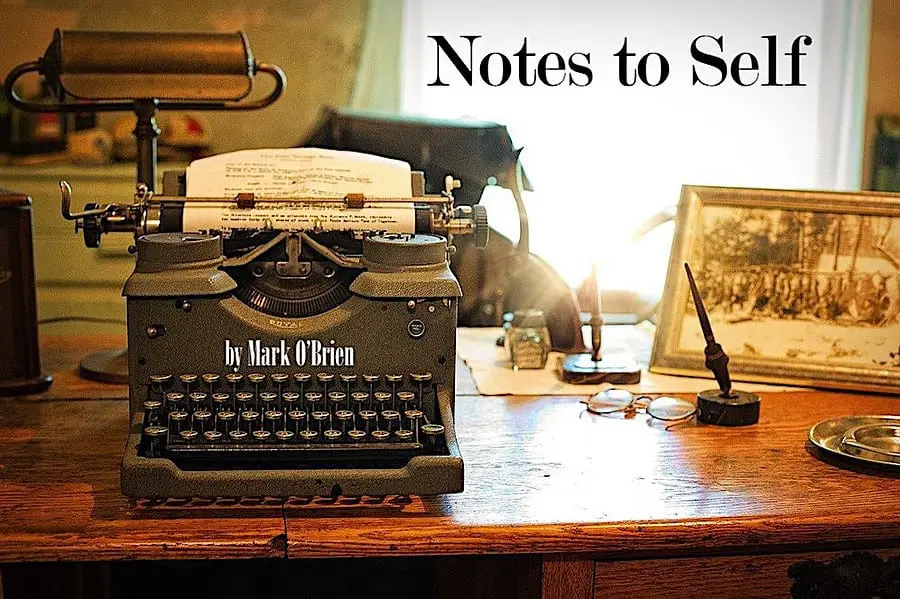
Author’s Note: May is Mental Health Awareness Month. I offer this post as a means of sharing my experience, even as I grant I’m more fortunate than many. If you or a loved one struggle with Mental Health, call the NAMI HelpLine at 1-800-950-NAMI (6264), text “HelpLine” to 62640, or email helpline@nami.org. If you or someone you know is having thoughts of suicide or experiencing a mental health crisis, dial or text 988 to connect with a trained crisis counselor 24 hours a day, 7 days a week. There’s more help available in the world than you might think — and more people in the world willing to help than you could ever imagine. You are not and don’t have to be alone.
I have a confession: I play Angry Birds 2.
I started playing to keep myself occupied while waiting for people to respond to instant messages (which, much like the Express Lanes in grocery-store checkouts, are anything but instant), waiting in line at the DMV, waiting for doctor or dentist appointments, waiting at railroad crossings, or keeping my wife company on the couch while she watches Fixer Upper, Property Brothers, Love It or Li$t It, Windy City Rehab, Home Town, Good Bones, Flip or Flop, House Hunters Renovation, This Old House, Grand Designs, and Dr. Pimple Popper.
But after playing for a while (say, roughly 350 levels or so) something revelatory and quite unexpected happened: In the face of what seemed like insurmountable frustration at having to replay every room in every level, sometimes innumerably, only to be unable to reach — or to be unable to conquer — the Boss Pig (or the King Pig, or the Chef Pig, or the Foreman Pig, or any other of his myriad manifestations), I learned patience.

Boss Pig
This file is licensed under the Creative Commons Attribution-Share Alike 3.0 Unported license
Perseverance
First, Angry Birds 2 taught me the patience to study. The game can be a series of mindlessly distracting tactical moves (which attracted my initial interest), or it can be a strategic, fully engaging, and relentless pursuit of a singular goal (which attracts my abiding interest): Blast the Boss Pig to Hell, move on to other levels and, in some instances, to other worlds entirely. Wow!
Second, Angry Birds 2 taught me to persist, to endure, to recognize the temporary nature of frustration, and to realize the conquering power of tenacity. By its addictive nature (or mine), the game compels players to keep coming back, regardless of the seemingly impossible adversity — to think, to examine, to analyze, and to find a way to move on.
To find a way to move on. Think about that. Moving on, determining to move on, finding a way to move on, settling for nothing less than moving on is the modus operandi for a rewarding life. It’s the remedy for procrastination. It’s the antidote for Anxiety. It’s the defeat of paralyzing Depression. It’s the answer to the age-old philosophical question: Why are we here?
To move on. Period.
Birds of a Feather
Finally, Angry Birds 2 is of a piece with two other things that have always helped me move on. The first is a quote from Mikal Gilmore, from his book, Shot in the Heart. I read the book in the late ’90s, during a bout of crippling depression characterized by stark, unrelenting terror.
The book recounts the Gilmore family’s dark history, leading to the execution of Mikal’s older brother, Gary, in 1977, by a Utah firing squad. (Gary’s last words: “Let’s do it.” Gary’s execution is also the subject or Norman Mailer’s book, The Executioner’s Song.) The book’s unremitting bleakness had me wondering at every turn of the page why I continued to read it while experiencing my own period of darkness. It felt masochistic.
But there, on page 374, I found my answer.
Gilmore wrote:
Depression is a hard experience to communicate, and perhaps a hard one to understand, but once you’ve had it you don’t forget it. It makes you look on the rest of the world with a bit more compassion, and it also causes you to watch the corners of your life more closely, so you can spot the darkness rapidly if it begins to creep back in.
Reading that gave me no instant relief. But I was in the care of a psychiatrist, whom I still see every six months, and I was surrounded by friends who’d also experienced depression. They told me I wasn’t myself — but I would be again. They were right. And Gilmore’s words assured me they were right.
Even more, Gilmore’s words eventually led me to see the depression I’d experienced as a gift. It taught me the temporary nature of misery. It taught me much about what I can and cannot control. It helped me to understand my capacity to overcome affliction and misfortune. It did make me more compassionate. It did teach me to watch the corners of my life ever more acutely. And it helped me to realize all I was capable of achieving if I mustered the resolve and the energy to just … keep … moving … on.
Failure Is Not an Option
The other thing that never loses its ability to help me move on is this quote from the brilliant inventor, accomplished businessman, technological pioneer, and ardent player of Angry Birds 2, Thomas Edison:
Many of life’s failures are people who did not realize how close they were to success when they gave up.
Give up? Not a chance. Giving up is a Boss Pig in a poke.
Now if you’ll excuse me, I have to get back in the game.
Originally Published on https://www.bizcatalyst360.com/category/lifecolumns/notes-to-self/
Notifications